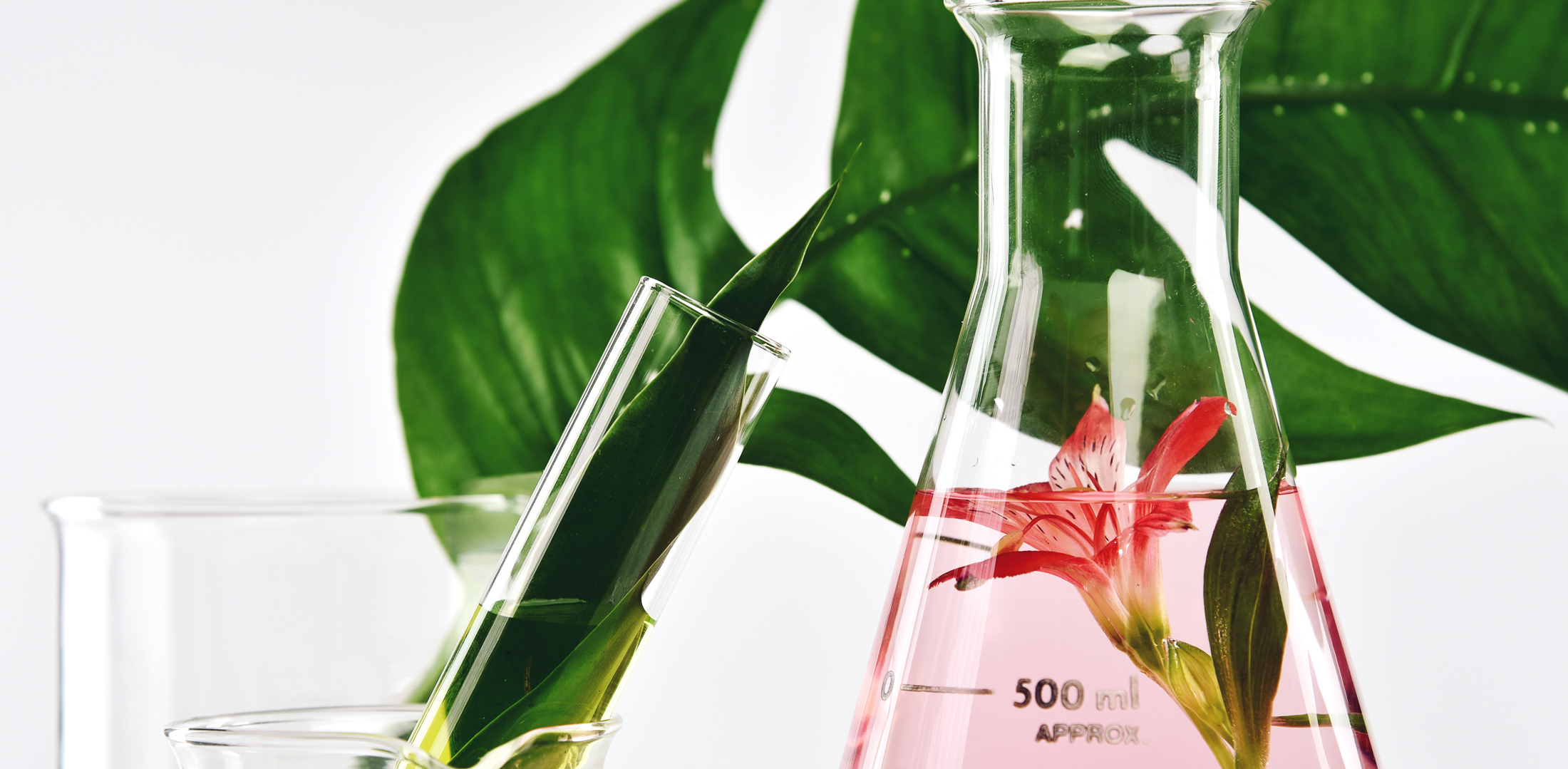Mariana Royer and Célestin Nitkowski (Bio Strategist): “I hope that tomorrow, our initiatives will have contributed to the growth of the local bio-economy”.
Combining Quebec’s boreal forest and Guyana’s tropical forest is the challenge launched by Célestin Nitkowski and Mariana Royer, co-founders of Bio Stratège. This company, with an office in Quebec and another in Guyana, promotes the eco-extraction of wood, its widest possible and most ecological use based on the forest resources present in these two territories, notably through biomass; all this with a supply chain based on local space. Interview.
Feat-Y: Can you present your respective backgrounds?
Mariana: I left French Guyana at the age of 17 and began graduate studies in Toulouse in chemical engineering, process engineering and physico-chemical processes. Then, I decided to do a doctoral thesis back in my homeland in French Guiana. I then discovered the exceptional properties of Amazonian woods and the role that certain chemical compounds in wood play in the tree’s defence system and adaptation to its environment. After obtaining my degree and an academic scholarship, I left this time to do a 2-year post-doctorate in a wood research centre at Laval University in Quebec. I then focus my research projects on the valorization of forest co-products (parts of trees not used by the conventional forest industry), most of which have been undervalued for several years. I then embarked on an entrepreneurial venture for a greener industry with a first company whose mission will be to help structure this sector and provide proofs of concept. I founded Les Laboratoires Bio ForeXtra whose mission is the development and marketing of 100% natural bioactive extracts clinically proven for their cosmetic properties and derived from the recycling of residual bark from Quebec sawmills. This unique value chain model, from the sawmill to the cosmetics market, was a great success with the industry, which was then in the midst of a green shift. In October 2018, the start-up was bought out by an American multinational specialized in the distribution of cosmetic ingredients. On the strength of this first international experience, I continue my missions on the deployment of the Canadian bioproducts industry with the consulting firm Bio Stratège inc. in Quebec. But I have never stopped thinking about Guyana and since my PhD, I have been working with local institutions and partners to export this model of reflection around the implementation of new sectors of the biosourced, ethical and responsible economy in Guyana, the French biodiversity basin. In 2019, it is therefore only natural that I will continue by creating Bio Stratège Guyane (BSG) and start setting up the very first private eco-extraction laboratory in the French Amazon. It also has a quality control and formulation section and its mission is to enhance the value of Guyana’s bioresources through the development and marketing of bioproducts and services to local entrepreneurs. The goal is to develop and consolidate local expertise and added value with direct and measurable benefits for the territory.
Célestin: I met Mariana in 2018 during a chemical engineering school internship in Quebec at Bio ForeXtra where I was immediately attracted by the dynamics of the start-up and the eco-responsible approach. I worked in the laboratory part to extract assets from boreal bark but I also contributed to improve the traceability of the value chain. I also had the chance to participate in the company’s innovative marketing content. It was this multidisciplinary approach that convinced me. A human and attentive management where everyone finds their place really made this internship a unique experience. I then went back to France to finish my studies while keeping in touch with Mariana. Following the acquisition of Bio ForeXtra, Mariana quickly offered me the opportunity to work for Bio Stratège as an external consultant during my last year of engineering studies. And as soon as I finished my studies, I was hired as Business Development Manager. Indeed, I stayed in mainland France to make the link with the industrialists and customers there, in the heart of the Cosmetic Valley. I therefore take part in many events and trade shows that take place there. The rest of the time I am teleworking, which is not a problem since we are used to working like that with Mariana. I am also lucky enough to be able to travel to Guyana and Quebec to get to know the local terrain and resources better.
Feat-Y: When were you convinced to found your company and for what purpose?
Mariana: I founded Bio Stratège inc. when I realized the exceptional chemical and biological properties of trees, and of the plant world in general, and on the other hand the waste of natural resources that was being made by the conventional industry. The Quebec forestry industry used to get rid of the bark from sawing wood, burying it and causing major ecological problems. A government strategic diversification plan has made it possible to redirect this practice and invest in the production of green energy through cogeneration, that is, the combustion of forest biomass, which consists largely of bark. But Quebec is already very productive in renewable energy, particularly thanks to hydroelectricity, and just burning these barks remains a huge waste of their molecular wealth. It is after having made these observations and faced with the opportunity to contribute to a greener industry that I decided to create my first start-up in Quebec, which enabled the very first value chain to be put into operation, from residual bark from the sawmill to the luxury cosmetics market, so that bark, which was considered a waste, could become a highly valuable raw material. Currently, we are working in northern Quebec on the industrial phase of implementing the circular model based on recycling co-products from the wood industry by extracting its active ingredients prior to combustion for energy production. Thus, we are creating an integrated model between the sawmill and the cogeneration plant with the additional possibility of benefiting from clean energy to carry out the processes of extraction of the active ingredients. Today, with Bio Stratège Guyane, I would like to bring expertise back to my territory by setting up and deploying a platform of ecotech laboratories entirely dedicated to the development of Guyanese biodiversity, which will generate innovation and the development of green, ecological and ethical products and support the sector with services to the natural raw materials sector.
Feat-Y: Many ecological projects are carried out by Bio Stratège, in Quebec or in Guyana. Which ones do you consider to be the most important today?
Célestin: Today we have two flagship projects in French Guiana:
NutramazonieTM: Development of natural and eco-friendly active ingredients from the French Amazon for nutraceutical applications. French Guiana abounds in an exceptional biodiversity, notably with a variety of fruits with interesting nutritional properties.
Using green extraction methods, it is possible to develop this phytochemistry to make the most of its properties in natural health products or consumer products such as dietary supplements. As a proof of concept, we are developing a functional sports drink from local spring water. In a sustainable approach, we are interested in the co-products of agricultural or food processing in order to bring value to the local resource and allow the consolidation or emergence of sectors.
Ecophyto Guyana: Development of ingredients for biocontrol products obtained from forest co-products according to a circular economy model.
Indeed, Amazonian trees are extremely resistant to humidity and external attacks by insects or termites. Thus, they possess active molecules that enable them to defend themselves against these environmental aggressions. Their molecular potential can therefore act to protect crops or stimulate the natural defences of less resistant species.
In Quebec, we are associated with the Nordext project, which aims to build a plant for extracting northern agroforestry biomass using the circular economy model integrated upstream of bark combustion. The products will be dedicated to the nutraceutical market, animal feed and natural dyes.
This innovative extraction platform should operate thanks to the energy contribution of the combustion of the extraction residues. It is therefore a circular economy model with a unique zero waste approach!
Feat-Y: How do you see your place tomorrow and your role in the Green economy?
Mariana: We want to be leaders in the green economy and help influence the implementation of new business models that draw their strength and sustainability from a green, ethical, responsible and human identity. Our goal is to become an essential model of innovation in the extraction and development of the phytochemical potential of plant bioresources for humans and in the implementation of environmentally sound processes that have a significant impact in terms of socio-economic benefits of interest to local development.
For my territory, I hope that tomorrow, our initiatives will have contributed to the development of the local bio-economy, to vocations among our young people and to the reappropriation of traditional know-how of excellence.
Feat-Y: The current economic situation will accelerate a restructuring of production on a global scale. Is the “North-South” dimension important to you?
Célestin: We don’t really think along the “North-South” axis because our projects are geared towards developing local expertise and creating value chains close to the resource and with sustainable local spin-offs. This is the same approach we have with our partners in Quebec and at the same time we are deploying with Bio Stratège in Guyana. Our approach is eco-socio responsible to help a particular territory. Thus, we often talk about the French Amazon because it is an incredible opportunity. French Guiana has the largest tropical forest in the European Union. In France, we can’t talk about ecology if we don’t take an interest in Overseas France, which is our largest biodiversity reserve. The natural ingredients that we develop are therefore “Made in France” with guaranteed quality and traceability, respect environmental standards, support local producers and support the know-how of our territory.
Mariana: The current economic situation reminds us that it is essential for the local population to know and use local resources better. Ethical supply chains are being set up quickly during the crisis to meet the pressing demand of the population in our overseas territories isolated from France. Why not use this lesson of humility from covid19 to question the mass distribution, importation and over-consumption of industrialized products 10,000 km away.
Feat-Y: What are your goals for 2020 and the following years and how do you plan to finance yourself?
Mariana: Until 2021, Bio Stratège Guyane is in an incubation phase. Our objectives in 2020 are to :
launch research and development projects on extracts from various endogenous species in French Guiana
to publicize our service offering to the natural raw materials sector
raise the funds necessary for our development
The current pandemic has forced us to adapt quickly by using social networks to raise public awareness of the properties of local plants. We have therefore taken the initiative of a blog to publish synthetic technical sheets on various plants used traditionally and in everyday life for their virtues. We quickly mobilized with other industrialists in French Guyana to coordinate the implementation of a local industrial production chain of hydroalcoholic solution for Guyanese health professionals. This made us realize the potential of the local industry but also noted its potential weaknesses.
Our current funding comes mainly from equity, bank loans, public grants in support of innovation and revenues from our expertise services. It will be necessary to raise funds for phase 2 of the project.
Feat-Y: If you were a tree, which one would it be?
Mariana: Wapa. A hardy Amazonian tree, the wapa is little exploited despite its strong presence in the forest because it bursts when it is felled. Impenetrable, it doesn’t swell or rot in contact with water because of its chemical composition.
Celestine: The black spruce, Picea Mariana, beyond the proximity of its name to that of Mariana, it is a symbol of the boreal forest of Quebec. When you go north, it dominates the landscape by its size, scope and omnipresence. Above all, it stands out for its resistance to the northern climate and its extreme temperatures. The different individuals are in synergywith each other, communicate and help each other through exchanges via the mycorrhizae under the forest.
Feat-Y: If you were an animal, what would you be?
Célestin: The deer is a majestic species found in many places around the world. It is a threat to trees and vegetation. But it is this pressure that allows the plant to harden and develop evolutionary strategies that guarantee molecular richness. Paradoxically, deer antlers sometimes look like the branches of a tree. But each year, the antlers fall and grow back in a cycle that bears a curious resemblance to the seasons. This incredibly rapid bone growth would make trees jealous, since they prefer to take their time but consolidate every year.
Feat-Y: If you were a literary work, what would it be?
Célestin: Peter Wohlleben’s The Secret Life of Trees, which explains the nature of trees that have long been relegated to the last plane of living beings. They are in fact endowed with exceptional intelligence and endowed with meanings and perceptions that are sometimes more complex than ours. Their capacity for exchange and mutual aid leads us to reflect on our own societies and the way we view nature. This is not a scientific book and the descriptions are sometimes a little too anthropomorphic, but this book is based on real research and has the merit of changing the way we look at trees.
Feat-Y: If you were a song, what would you be?
Célestin: “The Miracle” by Queen because it is a song by an incredible and visionary group who marvel at the miracles of nature and human creations but who call for peace on Earth. Today, Queen would probably sing about ecology. Brian May, Queen’s guitarist and astrophysicist has called for a new “Live Aid” to fight climate change.
Interview by Jonathan Baudoin
Website: https://biostratege.com/




